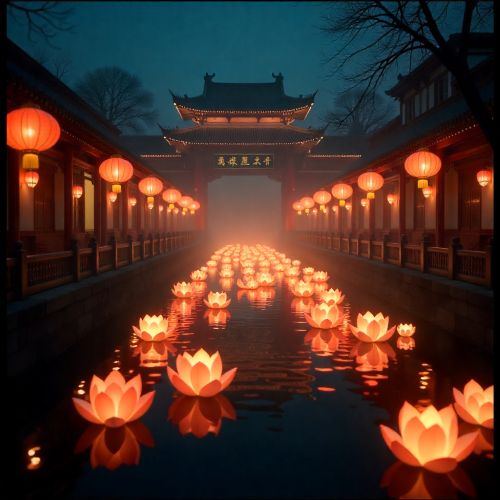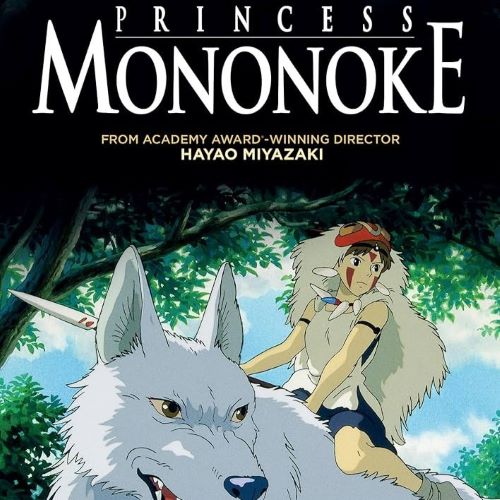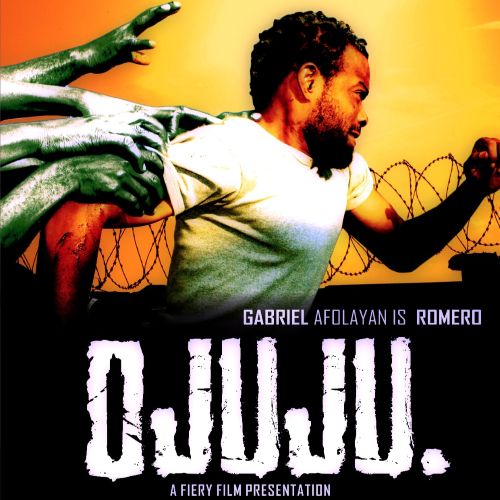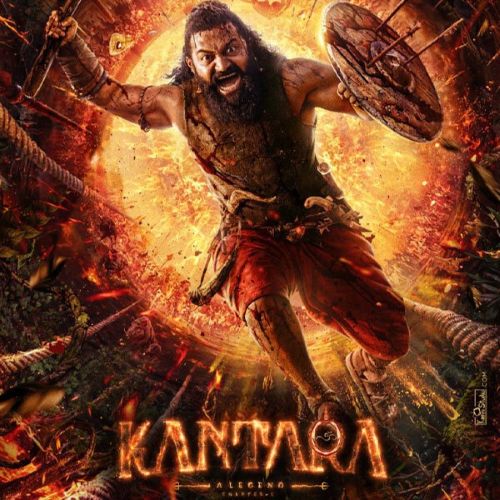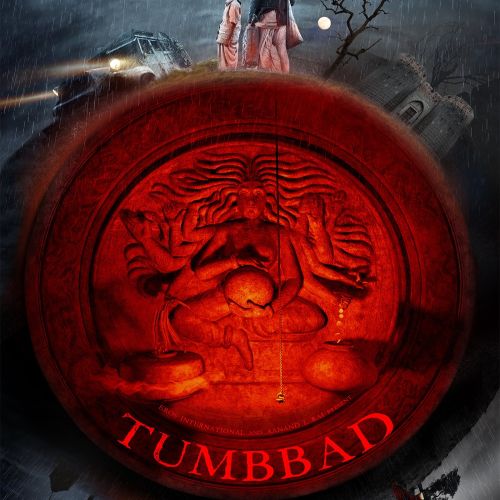Noroi : The Curse (2005)
| Description | |
|---|---|
| Country of Origin | Japan |
| Language | Japanese |
| Genre | Horror |
| Cast | Jin Muraki, Rio Kanno, Tomono Kuga |
| Directed by | Kōji Shiraishi |
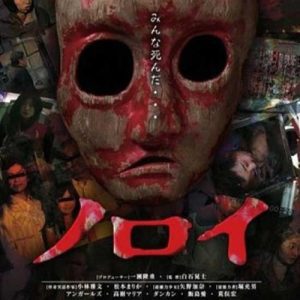
Noroi is often praised as one of Japan’s most unsettling found-footage horror films, but what truly sets it apart is its deep engagement with mythological themes that feel both ancient and disturbingly real. Rather than relying on jump scares or gore, Noroi builds its fear through layers of folklore, ritual practices, and the uncanny presence of an old-world entity that refuses to fade into obscurity. For viewers who appreciate horror grounded in mythology, this film stands out as one of the most intelligent and haunting entries in the genre.
At the heart of Noroi is the mysterious force known as Kagutaba, a name that sounds familiar yet alien, echoing the kind of rural deity or vengeful spirit often found in Japanese folk belief. The film uses the keyword Noroi—“curse”—not just as a title but as a thematic backbone. Kagutaba is not explicitly tied to any widely recognised Shinto or Buddhist pantheon, but the way it is portrayed draws heavily from real-world Japanese mythological constructs. Many villages in Japan historically worshipped local kami or tutelary spirits, often unique to their region and unknown elsewhere. Noroi cleverly reinvents this tradition, creating a deity that feels authentic because it mirrors how such local gods operated: powerful, feared, and governed by strict ritual obligations.
One of the most compelling mythological elements is the way the story depicts Kagutaba as a spirit that must be appeased through ceremonial dance and masks. This is strongly reminiscent of ancient Japanese ritual performances, such as Kagura dances performed for Shinto kami or the masked rites used in folk exorcisms. The film’s archival footage of the “Kagutaba ritual” is one of its most chilling sequences, not because it shows anything overtly supernatural, but because it feels like a genuine anthropological record of a forgotten village custom. This mirrors how mythology often survives in oral history, folk ceremony, and symbolic objects, all of which Noroi uses masterfully to make its supernatural antagonist feel believable.
The concept of a deity punished and sealed away by human intervention is also deeply rooted in East Asian mythology. Many classical Japanese stories tell of mountain spirits, serpent entities, or wrathful kami that were once worshipped but later suppressed to protect local people. This mythic structure—fear, ritual, transgression, and consequence—forms the backbone of Noroi’s horror. Kagutaba becomes terrifying precisely because it embodies the idea that ancient powers never truly disappear; they simply wait for someone foolish enough to break the boundary that kept them contained.
What Noroi does particularly well is blending folklore with the modern world. As the documentary-style investigation unfolds, viewers witness how mythological forces interact with contemporary society—through psychic children, cursed objects, and unexplained phenomena rippling through urban spaces. This duality mirrors how mythology functions today: ancient beliefs coexisting uneasily with rational, scientific lifestyles. Noroi uses this tension expertly. Instead of portraying mythology as something distant or irrelevant, it shows how vulnerable modern people still are to old fears they no longer understand.
The film’s slow-burn pacing allows the lore to deepen gradually. Each new clue about Kagutaba’s origins, the destroyed village, and the taboo rituals adds weight to the curse narrative. By the time the full scope of the supernatural threat is revealed, the viewer feels as though they’ve uncovered a living myth—one that punishes curiosity as harshly as any traditional yokai tale. Noroi succeeds because it respects the internal logic of mythology; it never breaks its own rules, making the curse and its consequences feel inevitable, almost fated.
Noroi also explores a major theme in Japanese folklore: the danger of spiritual contamination. Contact with spirits, cursed places, and ritual violations often leads to a spreading corruption, a concept echoed in countless Noh plays and Shinto purification myths. The way Kagutaba’s influence extends through people, locations, and even electronic recordings reflects this idea beautifully. Rather than treating mythology as decoration, the film uses mythic structures to explain how supernatural terror operates, making the story richer and more psychologically disturbing.
Overall, Noroi is not just a horror film—it is a modern myth crafted with respect for Japan’s deep cultural traditions. Its effectiveness lies in how it transforms folklore into a cinematic nightmare without exaggeration or spectacle. This subtle, mythology-driven approach gives Noroi a timelessness rarely seen in modern horror, making it a must-watch for anyone interested in mythological storytelling, cultural anthropology, or intelligent supernatural cinema. The film’s portrayal of Kagutaba feels like a legend rediscovered rather than something invented, and that authenticity is precisely what makes Noroi linger in the mind long after the credits roll.


